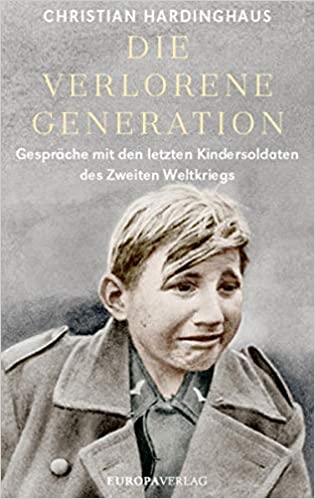

Deception is concealing where you are and what you’re going to do and pretending to be where you aren’t and going to do something you won’t. And it doesn’t seem that the Germans ever quite realized this. What they were really good at was strategic and operational deception. The Soviets did outnumber the Germans but not by that much. In short, the Russians were ready to fight in winter and the Germans weren’t.īut it’s the third alibi that is the least understood. How about lubricants? Something that’s nice and slippery in the summer is glue when it’s really cold. What would you rather wear when it’s 40 below? How about the choice between a Russian ushanka or a German wedge cap tied on with a scarf? Padded jacket or big floppy woolen overcoat? And so on – the Russians dressed for the cold and the Germans didn’t.


The Russians have foot cloths and felt boots, the Germans have socks (which get holes) and tight leather boots. But Russian feet don’t freeze at lower temperatures than German feet. The first one is quickly disposed of – Hitler did listen to his generals most of the time and it can be argued that when he didn’t he was right about half the time.Ĭold. They created a story in which they would have beaten the Soviets 1) if only Hitler had let them get on with the job 2) it hadn’t been so cold 3) if the Soviets hadn’t overwhelmed them with endless hordes of men. They wanted to show that, should there be a war against the Soviets, they would have useful things to tell their new owners, but they’d lost and who wants advice from losers? They solved the dilemma with what Jonathon House (see below) has called “the three alibis”. This presented the generals with a big dilemma. David GlantzĪfter the war, we had a lot of German generals in our hands and we got them to tell what happened on the Eastern Front – the war against the USSR – about which we knew very little. Worse still, this obscurity and misunderstanding has perverted the history of World War II overall by masking the Red Army’s and Soviet State’s contributions to ultimate Allied victory. … much of the Soviet Union’s Great Patriotic War remains obscure and imperfectly understood by Westerners and Russians alike.


 0 kommentar(er)
0 kommentar(er)
